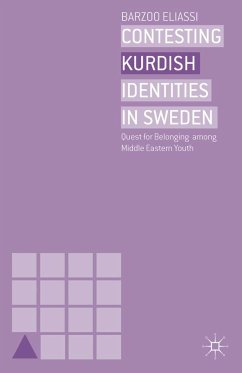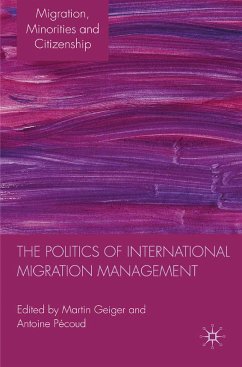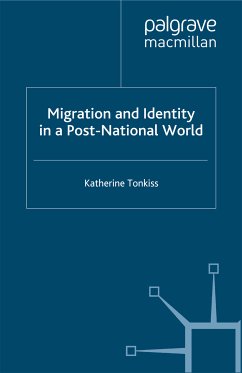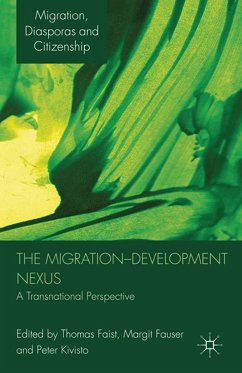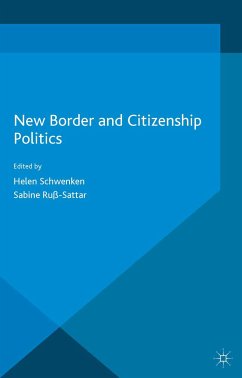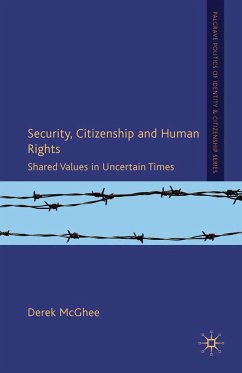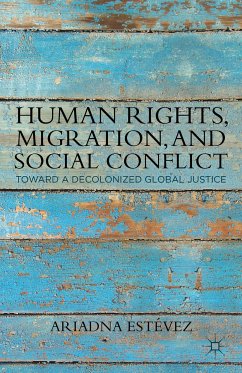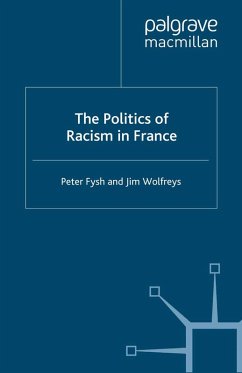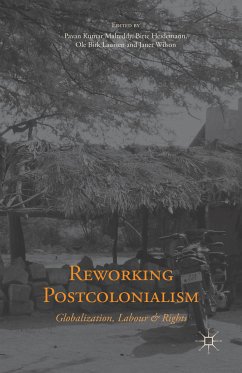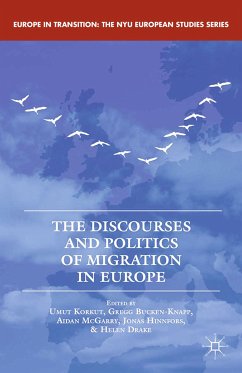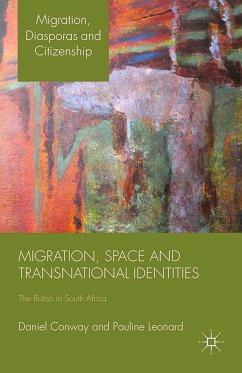
Migration, Space and Transnational Identities (eBook, PDF)
The British in South Africa
Versandkostenfrei!
Sofort per Download lieferbar
40,95 €
inkl. MwSt.
Weitere Ausgaben:

PAYBACK Punkte
20 °P sammeln!
Twenty years after the post-apartheid Government took office, this timely text interrogates the extent to which the attitudes, identities and everyday lives of British people have changed in accordance with the 'new' South Africa. New ethnographic research is drawn upon to explore important questions of mobility, locality and identity.
Dieser Download kann aus rechtlichen Gründen nur mit Rechnungsadresse in A, B, BG, CY, CZ, D, DK, EW, E, FIN, F, GR, HR, H, IRL, I, LT, L, LR, M, NL, PL, P, R, S, SLO, SK ausgeliefert werden.



